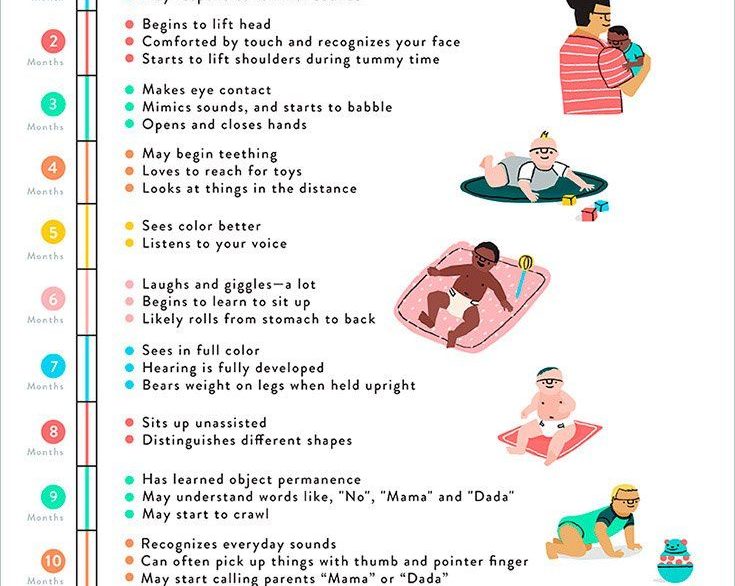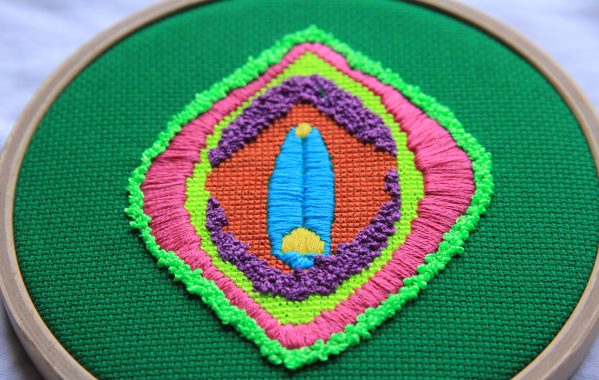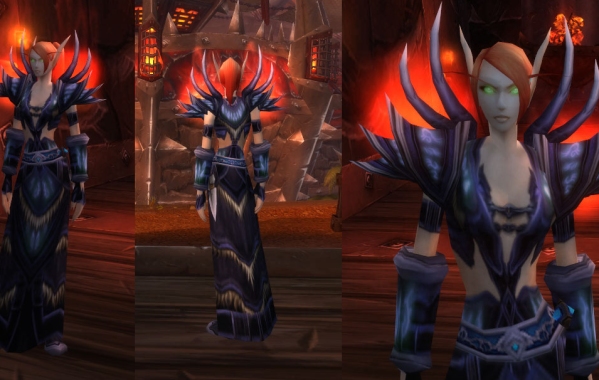Baby Poop Guide First Week

This type of baby poop is known as meconium. The first type of poop or stool your baby will have is called meconium.
 A Quick Guide to Baby’s FirstYear Milestones Baby
A Quick Guide to Baby’s FirstYear Milestones Baby
Still, there are many shades of normal when it comes to baby poop.

Baby poop guide first week. Your baby’s poop will look drastically different during his or her first few days after birth. But within the first few days of life, your newborn’s poop should progressively get more watery and lighter in color. Call your pediatrician right away.
Below, learn to recognize unhealthy baby poop and. Your babe will look weird. But this isn’t the case right after birth.
American academy of pediatrics, the many colors of poop , november 2009. If your baby is exclusively breastfed, her poop will be yellow or slightly green and have a mushy or creamy consistency. Your baby can pretty much poop the rainbow during the first year.
Those diaper changes can be challenging to clean, but they are normal. The very first poop your baby passes on the first day of life is called meconium.meconium is black, thick and sticky and will be passed in the first two days after birth. Here’s a rough guide to what you’re likely to find in your little one’s nappies over the first few days, weeks and months after your baby’s birth.
After birth, a baby's first bowel movements are black and tarry. Your baby’s first stools, called meconium, appear within 36 hours of birth. When most people think of babies they think soft, round, and pink with bright little eyes.
Normal baby poop can have a lot of different shades and consistencies. This is a big one. If baby’s poop is thin and watery and has red streaks or her poop is a raspberry color that looks like congealed fat, it may signal a bacterial infection.
This is your ultimate guide to baby poo in the first year, from that newborn black poo to the first poo after eating solids! Clear answers & smart advice for your baby's first year. While many new parents leave the hospital with a baby poop chart in hand—a place to record their baby’s wet and soiled diapers—“almost anything is normal,” he says, “except failing to pass in the first 24 hours.” so as you try to muster gratitude for what looks like mustard, here’s a rundown of what you can expect with baby poop.
All the numerous substances and amniotic fluid present within the baby’s body need to find its way outside so that he can start adapting to the new life. Meconium is black or dark green, and it looks a little bit like tar. That’s meconium, a substance that gradually filled your baby’s intestines in utero and passes within the first day or two of life.it’s not only normal, it’s a sign your baby’s bowels are functioning.
This poop is thick and firm, similar to peanut butter or toothpaste. What's not normal (time to call your doctor): After the first few days of meconium, a tarry black poop could signal bleeding.
This will begin in the first week so pay attention to what your sweet babe does. Whattoexpect.com, your baby poop color guide, january 2019. Baby poop color red black.
Don't expect infant poop to look anything like yours,” warns ari brown, m.d., a pediatrician and coauthor of baby 411: You don't need to worry as long as your baby is still eating and gaining weight. This is known as meconium (mec for short), and is made of amniotic fluid, mucus, skin cells and other substances your baby swallowed in the womb.
Breastfed baby poop in the first week colour of poop in the first five days. In the first week of life, a breastfed baby may have a bowel movement with almost every feeding. Your baby will go through a variety of poop colors, especially during the first year of life as their diet changes.
Your baby will learn to communicate with you quickly through body language. The scope of baby poop types considered “normal” depend on your baby’s age and feeding method. An infant’s poop changes color and consistency during their first few days, weeks, and months of life, and a wide range of colors is normal.
Call your pediatrician right away. Soon after, your baby’s poop will become softer and lighter in colour. It’s one of the only ways to tell whether your baby is happy and healthy in the early weeks, when their communication is otherwise limited to crying.
Baby poop color can be one indicator of your baby’s health. American academy of pediatrics, pooping by the numbers , november 2009. A baby’s first poop after birth is one of the important signs that doctors generally rely on to get an assurance that the baby’s bodily functions are proceeding ahead in a normal fashion.
 Could it Be A Milk Allergy Neocate's CMA Infographic
Could it Be A Milk Allergy Neocate's CMA Infographic
 12 Types of Baby Poop & What They Mean Infographic
12 Types of Baby Poop & What They Mean Infographic
 Baby's Food Chart Baby first foods, Baby first food
Baby's Food Chart Baby first foods, Baby first food
 How A Baby Develops From 1 Week To 40 Weeks In Mother's
How A Baby Develops From 1 Week To 40 Weeks In Mother's
 Pin on Best Of The Labouring Mom Blog
Pin on Best Of The Labouring Mom Blog
 Homeopathy made easy THE BRISTOL STOOL CHART AND
Homeopathy made easy THE BRISTOL STOOL CHART AND
 Free printable puppy crate training schedule! The best
Free printable puppy crate training schedule! The best
 Exclusively Pumping Sample Schedule From Birth To 12
Exclusively Pumping Sample Schedule From Birth To 12
 Litter Box Training for Rabbits 101! Bunny litter box
Litter Box Training for Rabbits 101! Bunny litter box
 How Big is My Baby? infographic Pinterest Health
How Big is My Baby? infographic Pinterest Health
 Medical Question Baby's First Stool (With images
Medical Question Baby's First Stool (With images
 Fetal Development Virtual Visualization uCollect
Fetal Development Virtual Visualization uCollect









